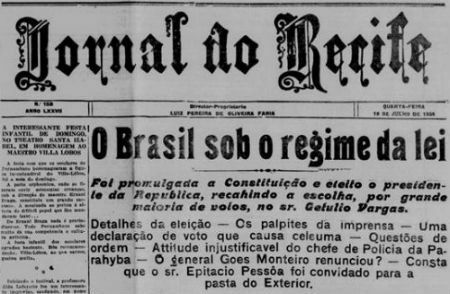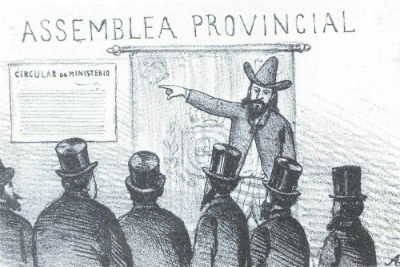On May 13, 1888, slave labor in Brazil came to an end. After four centuries of slavery, torture and ill-treatment, blacks were freed under the law. The approval of the Lei Áurea, the law that made the end of slavery in Brazil official, was signed by Princess Isabel. The abolitionist process was also the result of a political struggle, which mobilized some politicians of the time who were committed to helping the Princess to pass the Abolitionist Law.
Abolition was mainly the result of the struggle of blacks, slaves or not, who mobilized throughout the 1880s against the continuation of slave labor. The black movement translated into massive escapes, murders of landowners and foremen, these acts threatened order the end of the Empire, making it inevitable, for an increasing number of people, to question whether slavery was legitimate or do not.
Slavery came to an end, the former slave became equal before the law, but this gave him no guarantees that he would be accepted in society, so the newly freed had difficult days even with the end of slavery. Unlike what happened in the United States, in Brazil, after the end of slavery, ex-slaves were left to their own devices. In the United States, with the end of the Civil War, the victory of the North over the South implied total emancipation of slaves and they were supported by a law, which allowed assistance and forms of insertion of blacks in the society.
In Brazil, without access to land and without any type of compensation for so long forced labor, usually illiterate, victims of All kinds of prejudice, many ex-slaves remained on the farms where they worked, selling their work in exchange for survival. Blacks who migrated to the cities were left with underemployment, the informal economy and handicrafts. As a result, the number of street vendors, domestic workers, grocers without any kind of assistance and guarantee has significantly increased; many ex-slaves were treated like prostitutes. Blacks who didn't live on the streets began to live, at best, in meager tenements. Prejudice and discrimination and the permanent idea that black people were only good for hard work, that is, heavy work, left sequels from the abolition of slavery to the present day.
By Lilian Aguiar
Graduated in History
Kids School Teams


